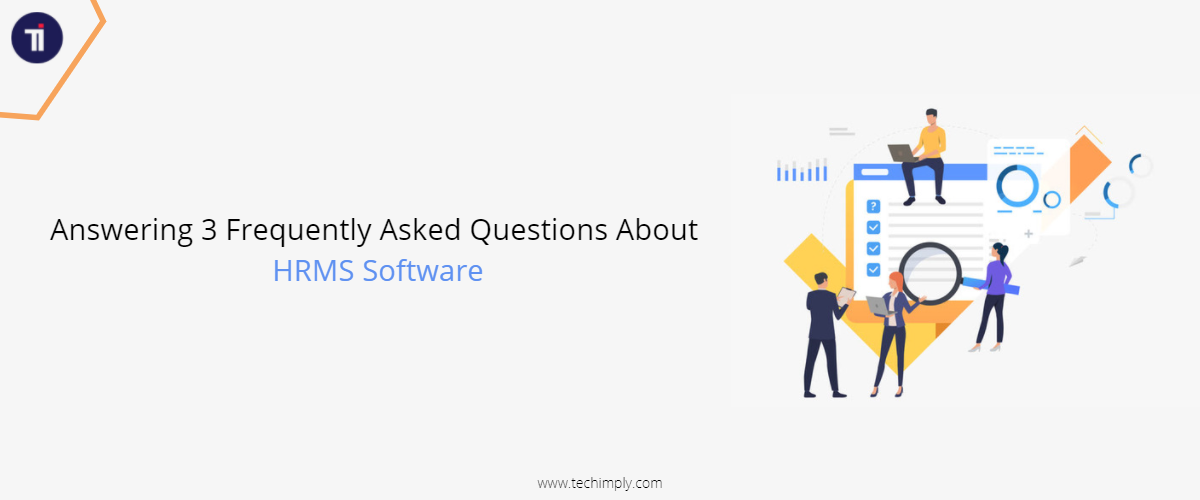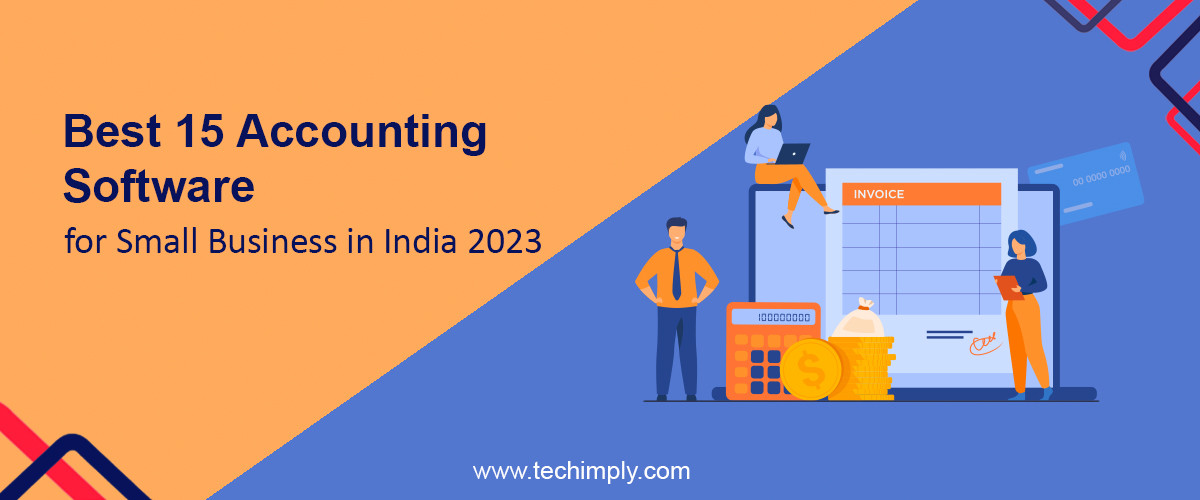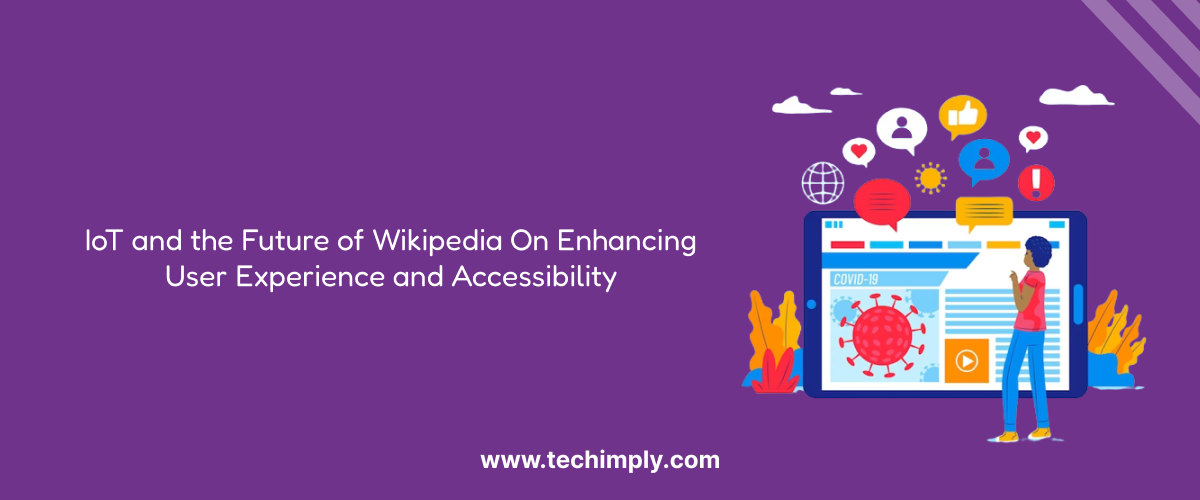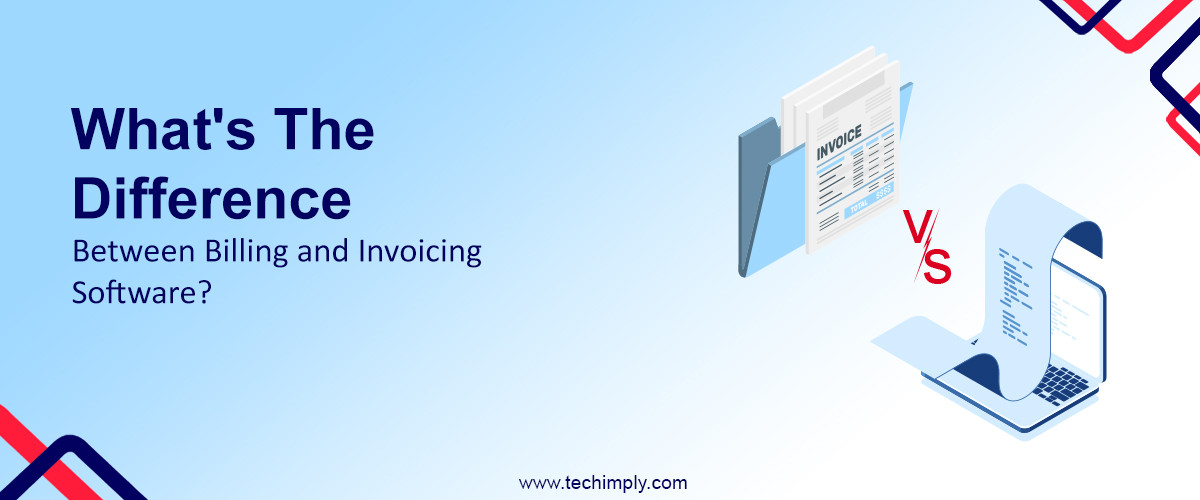India's largest companies were forced to make several changes last year. Modifications in just weeks are possible to maintain their businesses' viability nationwide lockdown as a result of the COVID-19 epidemic Companies even switched after the outbreak.
Online to offline work: The gears It was both a difficult task and a great challenge. Both employees and employers had to adjust to the situation. They were able to adapt to the situation without difficulty. There is no other option than to use HR technology. One of the most common technologies is HR technology.
The HRMS system is what businesses have relied upon in recent years. The HRMS system is a must-have for any business. It has enabled leaders to ensure smooth interaction and engagement during work remotely.
For the people who do not know the meaning of HRMS, it is an automated software tool that is particularly designed for streamlining and optimizing every human resource operation. Such systems take the whole HRM burden off HR professionals’ shoulders, thereby giving them time and energy for other value-adding activities of the business.
All that said, let’s dive into the blog and answer three commonly asked questions related to HRMS solutions.
What should businesses keep in mind while picking an HR solution?
- The success of HRMS software depends on employee adaption. That means the simpler the technology is to deploy and use, the better will be the results in the long run. So, employers should primarily ensure that the software is easy to use.
- Organizations should also understand that they will need a significant amount of process and data work within the HR team before HRMS implementation. Additionally, employers should also make peace with the fact that user adoption issues will follow along the way. So, one should be patient and give employees enough time to get used to the system.
- To make the change/adoption process smooth, employers should invest in one of the best HRMS software India has, which not just requires less training but also allows faster adaptability for employees.
What are the benefits of an HRMS system? Is there any other alternative today to manage the employee cycle successfully?
Here are the top five benefits of using HRMS systems:
-
One of the major benefits of using HRMS software is that it boosts the overall productivity of HR executives. When HRs will have everything in a single platform rather than different spreadsheets, files, or folders, things will eventually become easier and faster for them.
-
HR management systems also provide companies with the right insights into their employee data that in turn help them to make better decisions as well as design their HR strategies more effectively.
-
Additionally, the software even reminds people involved in a process so that they do not miss on vital projects.
-
Such systems not just automate tedious processes such as performance review but also provide leaders with real-time information, ratings, feedback, and scores. This way, companies can easily retain as well as upskill their best talents.
-
Most importantly, rewarding and recognizing top performers is easier using human resources management systems.
Let’s face it, doing all the aforementioned things manually is just not possible. If done manually, it will take a large chunk of HR managers’ time and leave several human errors. Hence, we do not see any other way of managing the whole employee life-cycle smoothly than HR management solutions.
Is integrating HRMS challenging?
- HR management systems are perhaps the only human resources technology that reaches out to every individual in an organization. This doesn’t mean that integrating such systems successfully is difficult. If the system has the right features, a company can integrate it without any stress.
Take a look at the three must-have features that can make integration of HRMS successful:
-
The first and foremost feature is usability. Usability is the quality of the software to appeal to its users intuitively and motivate them to adopt it without any hesitation. The software should be capable of becoming something that not just empowers employees but also simplifies their routine processes. In other words, employees should not feel that the HR system is forced on them.
-
Second, the software should be able to handle exceptions. For this, companies should invest in one of the best HRMS software India has. Only such systems allow companies to integrate and correlate different HR processes that matter the most in easing the life of HR managers. Need to mention, the system should also provide significant insights that can make the user's experience powerful.
-
Last but not least, the availability of the system is also equally important. HRMS should be available to employees anytime and anywhere they want to use it. In today’s time, when half of the population is working remotely, having 24/7 accessibility is a must.
We hope now you have a clear understanding of HRMS systems.
So, it is obvious that HR management systems help companies to be agile and efficient, thereby helping them to weather every challenge throughout their journey.






